IoT platforms provide middleware to connect and manage devices and integrate collected data into various applications and services.
According to a new research report from the IoT analyst firm Berg Insight, the global market for IoT device management and application enablement platforms was worth US$ 2.0 billion in 2019. Growing at a CAGR of 32 percent, yearly sales of device management and application enablement services are forecasted to reach US$ 7.9 billion in 2024. IoT platforms provide middleware to connect and manage devices and integrate collected data into various applications and services. These platforms are intended to reduce the cost and development time for IoT solutions by providing standardised components that enterprises can build upon.
Berg believes that the market for IoT device management and application enablement platforms is in a stage of transformation, where major cloud service providers such as Microsoft, AWS and Alibaba invest heavily to move up the stack. In many cases, vendors that have built IoT platforms on public cloud infrastructure are transitioning to providing higher-level building blocks that can be used as a starting point when building solutions and even end-to-end solutions for specific use cases. The increased concentration of the IoT platforms market, says Berg, is an overall healthy development for the IoT ecosystem and a sign of maturation.
Even though these hyperscalers are becoming increasingly dominant in the IoT platforms space, Berg suggests that there are segments of this market where specialised vendors play an important role. Fredrik Stalbrand, Senior Analyst, Berg Insight told Incisor, “Device connectivity and management services for low-power constrained devices comprise a key focus area for cellular IoT module providers such as Sierra Wireless and Telit, but also vendors like Pelion that was launched as a wholly-owned subsidiary of Arm in November 2020.” He mentioned AVSystem and IoTerop as other examples. A common theme for these players is that their device management solutions are compliant with LwM2M, a device management standard that has gained traction in the telecommunications industry with the emergence of the LPWA technologies LTE-M and NB-IoT. “Efficient and secure device management solutions are crucial to meet the requirements of massive IoT deployments in the 5G era”, concluded Mr. Stalbrand.
Related Articles

Cost savings and reduced environmental impact with IoT and Wireless Sensor Technology
One of the most promising features of sustainable IoT solutions is the use of wireless and battery-free sensors The rapid evolution of the Internet of Things (IoT) is transforming the way we live and work. It offers businesses opportunities to become more efficient,...
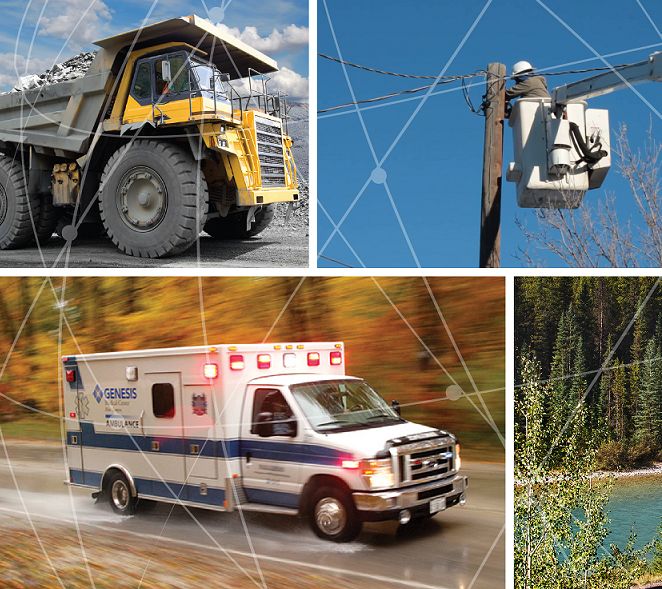
IoT research: Installed base of construction equipment OEM telematics systems sees rapid growth
“Most major construction equipment OEMs have introduced telematics offerings for their customers either independently or in collaboration with telematics partners” Berg Insight, an IoT market research provider, has in a new market research project found that the...

Ellisys and Novel Bits LLC Enter Partnership for New Bluetooth Low Energy Training Program
Integration of Industry-Leading Protocol Analysis Tools to Add Real-World Component to Curriculum Ellisys, a worldwide provider of protocol test, analysis, and qualification solutions for Bluetooth®, Universal Serial Bus (USB), and other wired and wireless...
Stay Up to Date With The Latest News & Updates
Our Sponsors
Incisor.TV partners with leading organisations in the technology sector.
Follow Us
And stay up to date with our news! We are active across the key social media platforms – please do follow us!

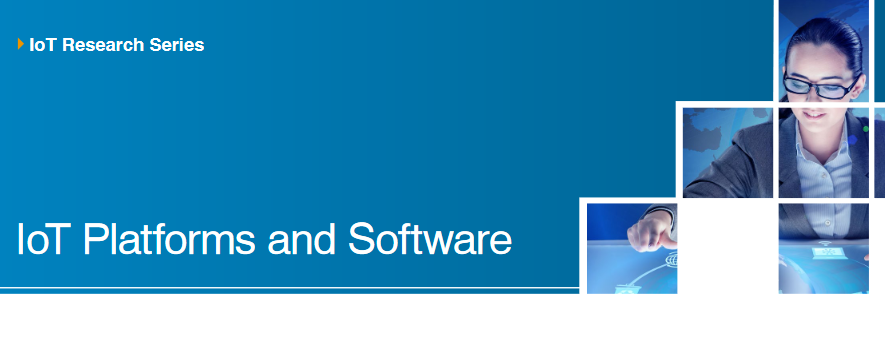
0 Comments